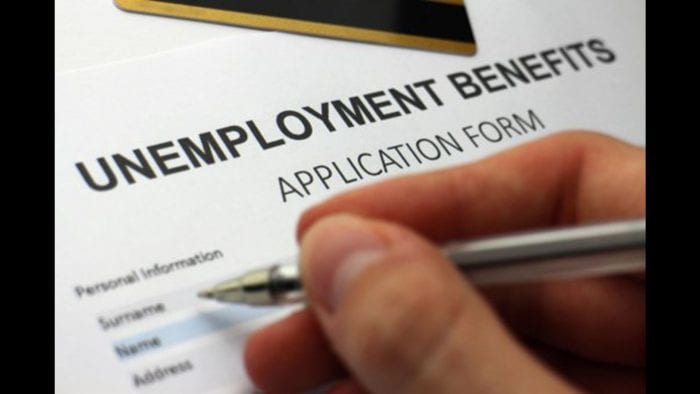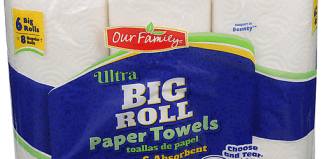Between You and Me: The Economic Rollercoaster Ride Continues
By Leah S. Dunaief

Those businesses that qualified for a paycheck protection program (PPP) loan have had a bit of a honeymoon from the novel coronavirus these last eight weeks. They were allowed to apply to the government for two months plus 50 percent of their labor costs. From that money they had to pay at least 60 percent to workers to cover payroll, with the remainder underwriting other expenses like utilities, payroll taxes and leases.
So the employers who received the payments could relax during those two months, and the employees could also stop holding their breaths, knowing that their salaries would be paid. And the government would keep the workers employed. At least that was how it was supposed to work, and it did, except when the weekly unemployment insurance payments were greater than the weekly salaries and proved too much of a temptation to the employee. In those cases, the employer was in competition with the government and, depending on the worker’s loyalty and long term concern about holding onto a job, the employer would often lose.
But the program was essentially a good one. The funds, paid to the businesses and-in turn to their employees, kept the work force together and saved the workers from the frustrations of trying to collect unemployment.
The original thinking was that the pandemic would probably lessen after two months and businesses could resume as normal. Well, we now know how that turned out. The pandemic is still with us, although New York is in a much better condition at the moment than most of the rest of the country, but economic activity has not returned to anything like normal, and with social distancing, looks unlikely to return soon.
For many of those businesses, the PPP honeymoon is almost over. How do we prevent a return to the layoffs, loss of company health insurance and nail biting of the pre-PPP days?
The good thing about a pandemic is that the whole world is in the same situation, and we can look around and see how other countries are coping or trying to cope. The U.S. has relied on an expanded program of unemployment insurance to tide over workers until the economy resurrects itself. Many European countries have prevented joblessness by essentially nationalizing payrolls and enabling workers to continue to be paid and businesses to resume whenever that happy day comes, without having to rehire and possibly retrain. Workers are often furloughed if there is no work at the shuttered shops and factories, meaning that their jobs will be held for them and they continue to receive their salary, although generally at a reduced amount.
In short, Europeans have been pursuing an extended PPP. Workers have not overwhelmed the unemployment insurance system, caused websites to crash, phones to go unanswered, lost health coverage, nor have they stood the requisite six feet apart in the hot sun on long lines in parking lots, waiting to get into benefit offices. There is also the intangible but priceless advantage of workers not feeling jobless, with the fear and loss of identity that often brings.
And today, many feel just that. The U.S. number in June for jobless was 11.1 percent. That’s an increase of some eight percent since February. In the aforementioned European countries, the jobless rate has increased by less than 1 percent. In human terms, that means some 20 million Americans are unemployed. While that’s better than 23 million in April, probably almost all of those people have families who also will feel the effects as tenants begin to be evicted and queues form for food banks.
We don’t know what is going to happen in the next few weeks, as government programs for business and unemployment benefits run out if not extended. The $600 federal unemployment boost is supposed to end July 31. Congress is debating whether to extend the time or modify the payout, even as some worry that paying workers more than their salary is a disincentive to work.
Just remember, we are in this together. Hang on and stay safe.







